LORD LAXTON'S WILL may be purchased here.
LORD LAXTON'S WILL
Julie Tetel Andresen
With the reading of Lord Laxton's will, Adrian Marton, the new Lord Laxton, and his sister, Lady Wynchwood, discover that they have an illegitimate half-sister. Adrian and Lady Wynchwood, also, discover that they must sponsor their half-sister in society and see her well-married, in order, to receive their inheritance. When Lady Wynchwood and Adrian's sister arrives calling herself Mademoiselle Sophie Saint-Vire, they decide to say that Sophie is a relative of Lady Wynchwood's husband, so that she will be accepted in society. The Marquis of Laleham, Adrian's best friend, comes upon Sophie in Adrian's room and mistakes her for Adrian's mistress. Later, after hearing the tale spread by Adrian and Lady Wynchwood, Laleham is still suspicious of Sophie. Thus, begins a battle of wills between Laleham and Sophie.
LORD LAXTON'S WILL is a nice regency romance with a spunky, intelligent heroine. Sophie is bright and used to taking care of herself, and she is more than a match for Laleham. Laleham is rather aloof and used to having his own way, and he finds a worthy opponent in Sophie. It is fun watching these two spar and realize, that they belong together. I have one small quibble with the pacing of this novel, in that, the ending seems a little abrupt. However, this doesn't detract much from the overall enjoyment of LORD LAXTON'S WILL.
NOTE: I received this book in return for an unbiased review.
HERE'S A LITTLE ABOUT THE AUTHOR AND HER BOOKS.
Biography of
Julie Tetel Andresen
Julie Tetel Andresen’s seemingly disparate writing
activities
–
fiction, non
-
fiction and essays in foreign
languages
–
all arise from a un
ified sense of her writing
self.
As a professional linguist, she loves language, while as a
romance writer she loves the language of love; and when
learning
a foreign language, she loves nothing more than
exploring the limits of her ability to express herself in
that language on paper.
In her academic writing, she has long been devoted to exploring the history of linguistics, and this
disciplinary exploratio
n parallels her devotion to writing historical novels. In her most recent academic
work
“Linguistics and Evolution”
(Cambridge 2014), she shows the ways that the history
of linguistic
theory and practice informs the current state of the discipline, and this sense of the past pressing on the
present informs her
time
-
slip series
.
Her writing activities have alway
s been entwined temporally. She wrote her first historical
“My Lord
Roland”
while writing her PhD dissertation “
Linguistic Crossroads of the Eighteenth Century
,” and all
her early acade
mic articles were written mostly in French. Twenty novels and dozens of journal articles
later, she wrote her Regency novella
“French Lessons”
while waiting for the 2012 autumn meeting
of
the Cambridge Press Syndicate to decide to issue her a contract for “Linguistics and Evolution.” At the
same time, she happened to be in Ho Chi Minh City learning Vietnamese and happily writing her
Vietnamese
essays
.
She firmly believes that one type of writing strengthens the others. Her historical novels have honed
her craft of plotting and sub
-
plotting, while her time
-
slip series has given her the
Kraft
(in the
German
sense of the word 'power') to handle the long historical arc and multiple characters involved in
“Linguistics and Evolution.” Her professional study of language, in turn, makes her sensitive to the
vocabulary and rhythms of speech in other places an
d time periods; while writing in a foreign language
–
be it French, German, Romanian, or Vietnamese
–
is to her like the pianist warming up with scales
and arpeggios or the yogini trying out a new
asana
. Can she get her leg behind her head in Romanian?
No?
Well, then how about triangle pose? Can she get into full lotus in Vietnamese? Again, no? Let’s
see about half
-
lotus.
Andresen grew up in Glenview, Ill. She holds a bachelor of arts degree from Duke University and a
doctorate from the University of North
Carolina, Chapel Hill. She has taught at
Duke University
for the
past 20 years where she specializes in linguistics.
A list of Julie's books may be found here.






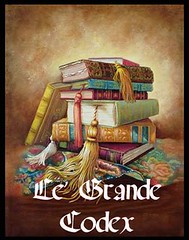















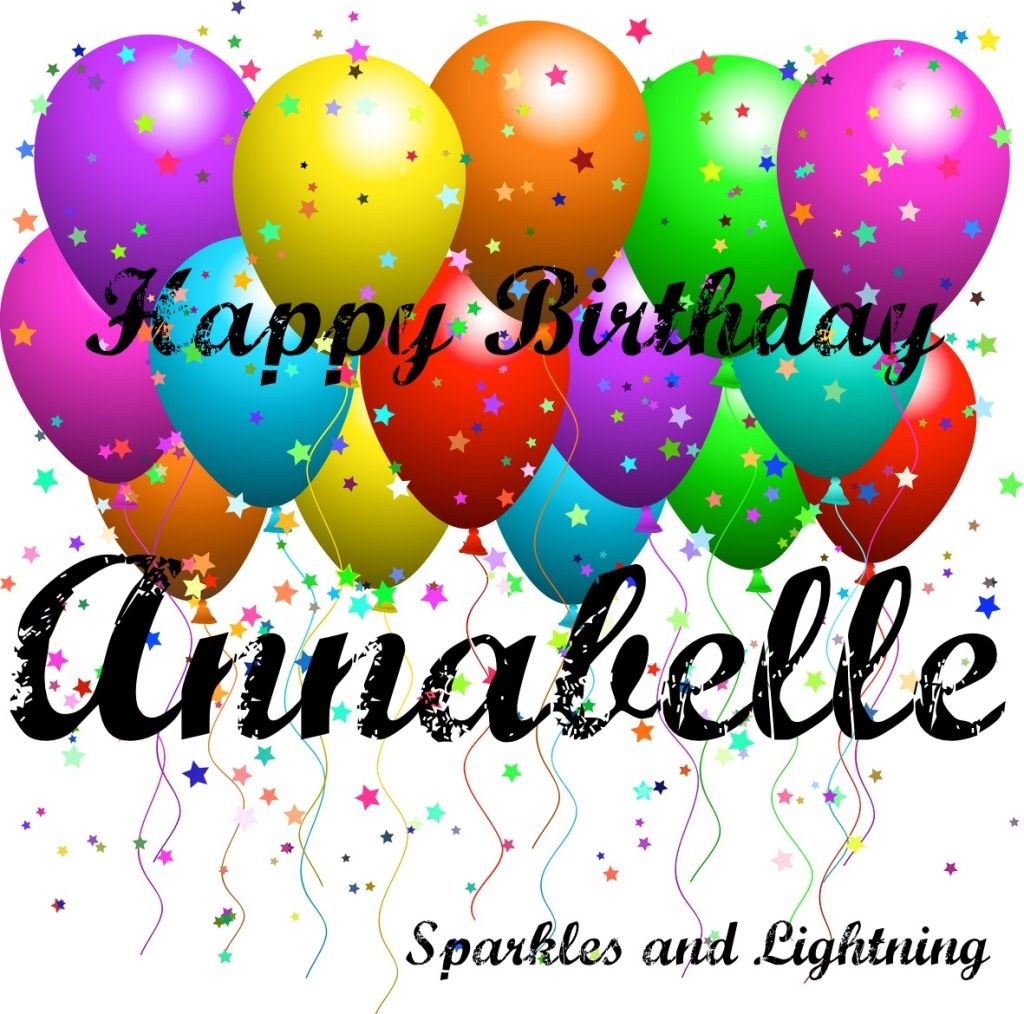



































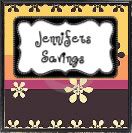


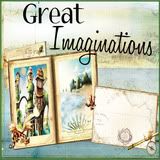





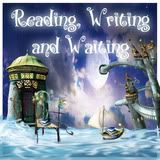





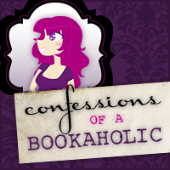
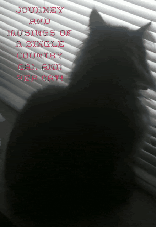







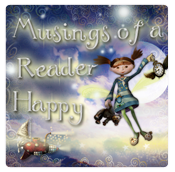




















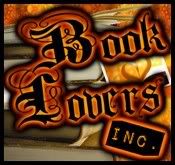













0 comments:
Post a Comment